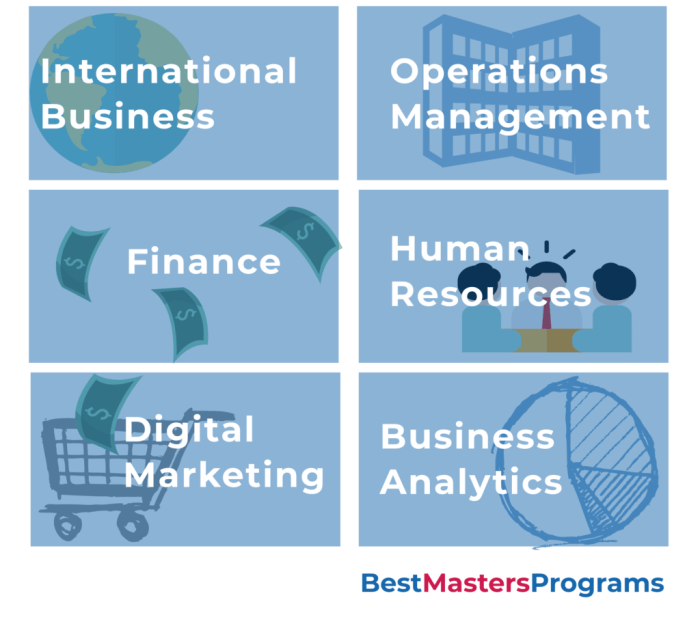Online vs. In-Person MBA Programs
Online MBA programs offer flexibility and convenience, allowing students to study at their own pace and from anywhere with an internet connection. This flexibility is particularly appealing to working professionals who cannot commit to a traditional in-person program. However, online programs may lack the same level of networking opportunities and personal interaction as in-person programs.
In-person MBA programs provide students with the opportunity to build strong relationships with classmates and faculty, which can be valuable for career development. In-person programs also offer more opportunities for hands-on learning, such as case studies and simulations. However, in-person programs are typically more expensive and time-consuming than online programs.
Flexibility and Convenience
Online MBA programs offer a high degree of flexibility, allowing students to study at their own pace and from anywhere with an internet connection. This flexibility is particularly appealing to working professionals who cannot commit to a traditional in-person program. Online programs typically offer asynchronous classes, which means that students can complete coursework on their own schedule. Some online programs also offer synchronous classes, which are held in real-time via video conferencing.
Full-Time vs. Part-Time MBA Programs
Choosing between a full-time and a part-time MBA program depends on your career goals, financial situation, and personal preferences. Full-time programs typically last for two years and require students to attend classes on a full-time basis, while part-time programs can take longer to complete and allow students to work while they study.
Duration and Workload
Full-time MBA programs typically last for two years, with students taking classes full-time. This allows them to focus solely on their studies and complete the program more quickly. Part-time MBA programs, on the other hand, can take longer to complete, with students typically taking classes in the evenings or on weekends while working full-time. The workload for a part-time MBA program is typically less than that of a full-time program, but students may need to balance their studies with their work and personal commitments.
Career Impact
Both full-time and part-time MBA programs can lead to successful careers in business. However, there are some potential differences in career impact between the two types of programs. Full-time MBA programs typically offer more opportunities for networking and career development, as students have more time to interact with classmates, faculty, and potential employers. Part-time MBA programs may offer less networking opportunities, but they can provide students with the flexibility to continue working while they study, which can be beneficial for those who are already established in their careers.





